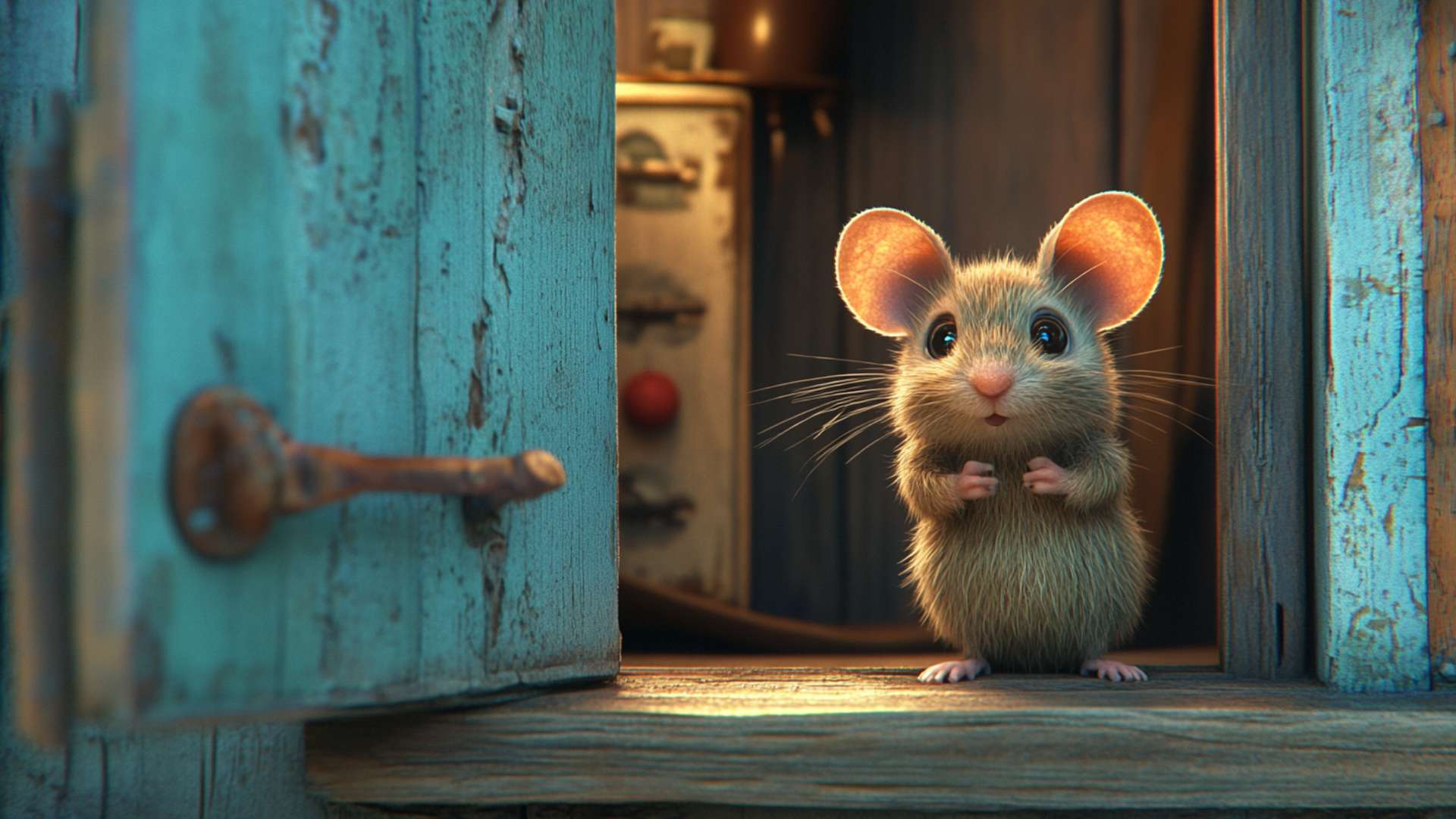The Rodent Problem in Homes
Mice infestations are a common problem in homes, especially during the colder months when they seek shelter. These tiny creatures can cause significant damage to property, as well as pose health risks to humans and other animals. They reproduce quickly and can be challenging to control once their numbers escalate.
Homeowners often have mouse problems and resort to using traps or toxic chemicals to eliminate them, but these methods can harm other animals and are not always effective. Fortunately, there is a more natural way of deterring mice with the help of our furry friends: cats and dogs.
Ensure the well-being of your beloved pets. Unlock valuable insights and actionable steps by delving into Mouse Menace: Safeguarding Your Pets From The Silent Threats, your comprehensive resource for protecting your pets from mice.
Cats: The Natural Predators
Cats have been hunting rodents for centuries, making them the perfect candidates for keeping mice away from your home. Their natural prey drive makes it easy for many cats to hunt mice down without much training. However, this does not mean that all cats will immediately start chasing mice when they see one – every cat is different!
Introducing positive reinforcement techniques like rewards for good behavior will teach your kitten or older cat that catching a mouse is an excellent thing! Providing toys like toy mice will encourage older cats with little experience to hunt real ones.
Dogs: The Great Companions
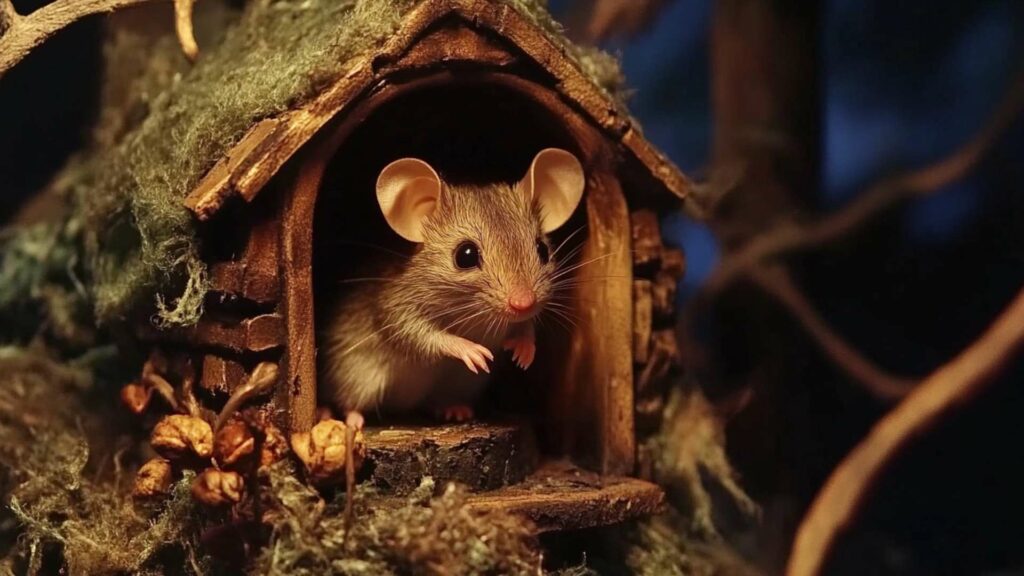
Dogs can also be trained to detect and scare away mice from homes. Different breeds have different hunting instincts with terriers being particularly good hunters skilled at catching rodents due to their history of being bred for hunting small game. Even if your dog isn’t a terrier breed exampled above- teaching it scent-based commands such as finding treats hidden within boxes or behind objects helps deepen their desire and skills towards detecting any type of rodent hiding in corners or cracks around your home.
With that being said…
Using pets like cats and dogs is an effective way of controlling mouse infestations in your home and keeping your property free from damage. Training cats and dogs to hunt mice not only helps to protect your home but also provides a fun opportunity for you to bond with them.
They are great companions, and knowing that they are helping you keep your home free and the house clean of pests is one more reason to love them! Ultimately, encouraging their natural instincts towards hunting and providing positive reinforcement for good behavior can make a significant difference in deterring mice from entering your home.
The Natural Hunters: Training Cats to Deter Mice
Cats are natural hunters and have an instinctual desire to chase and catch small animals, such as mice and birds. Many breeds of cats were originally bred specifically for their hunting abilities.
For example, Maine Coons were used on ships to keep mice and rats away, while Siamese cats were trained by temple monks in Thailand to protect against rodent infestation. Due to their natural behavior, many people assume that training a cat to hunt mice is unnecessary.
However, the right training can enhance a cat’s hunting instinct and make them more effective at deterring and catching mice themselves. One of the most important aspects of training a cat to deter mice is using positive reinforcement techniques.
Punishing a cat for not catching or killing a mouse will only discourage them from trying again in the future. Instead, rewarding your cat with praise or treats when they display good behavior will encourage them to continue their efforts.
You can also use toys or games that simulate mouse behavior for kittens, such as a toy mouse that moves around unpredictably. It’s important to note that not all cats have the same level of instinctual drive when it comes to hunting small animals like mice.
Some may require more encouragement than others, while some may not show any interest at all in chasing after prey. If you have a new cat or are unsure about its hunting abilities, start with simple training exercises and gradually increase the difficulty level over time.
Tips for Training Cats

Here are some tips for training cats to deter mice: – Use positive reinforcement techniques
– Provide toys or games that simulate mouse behavior – Start with simple training exercises and gradually increase the difficulty level
– Use high-value treats as rewards (such as cooked chicken or tuna) – Encourage your cat’s natural instincts by allowing them access outside (if possible)
– Be patient! Training takes time and cats may not always be eager to participate
Overall, with the right training and encouragement, most cats can be effective at deterring mice from your home. By providing them with toys and using positive reinforcement techniques, you can enhance their natural instincts and make them more effective hunters.
Training Dogs to Deter Mice
Scent-Based Training: Using a Dog’s Sense of Smell
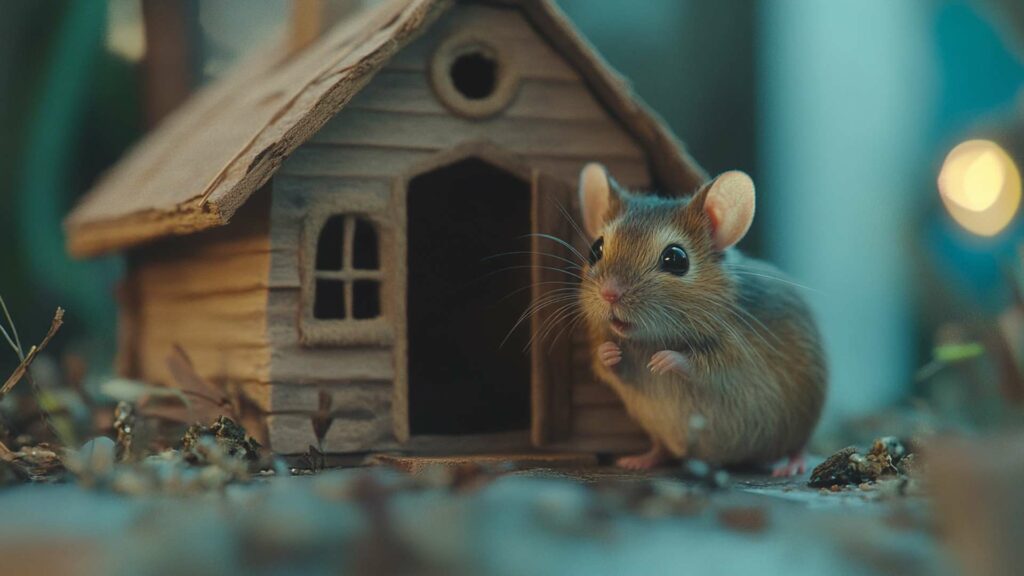
Dogs have a natural instinct to hunt and catch small animals like mice. This makes training them to deter mice relatively easy.
Since dogs have an exceptional sense of smell, you can use this skill to your advantage. Start by introducing your dog to the scent of a dead mouse and by hiding it in a box or container with holes for the scent to escape.
Encourage your dog to search for the container and reward them with treats when they find it. Repeat this process until your dog is consistently finding the container with the mouse scent.
Breeds Best Suited for Hunting Mice
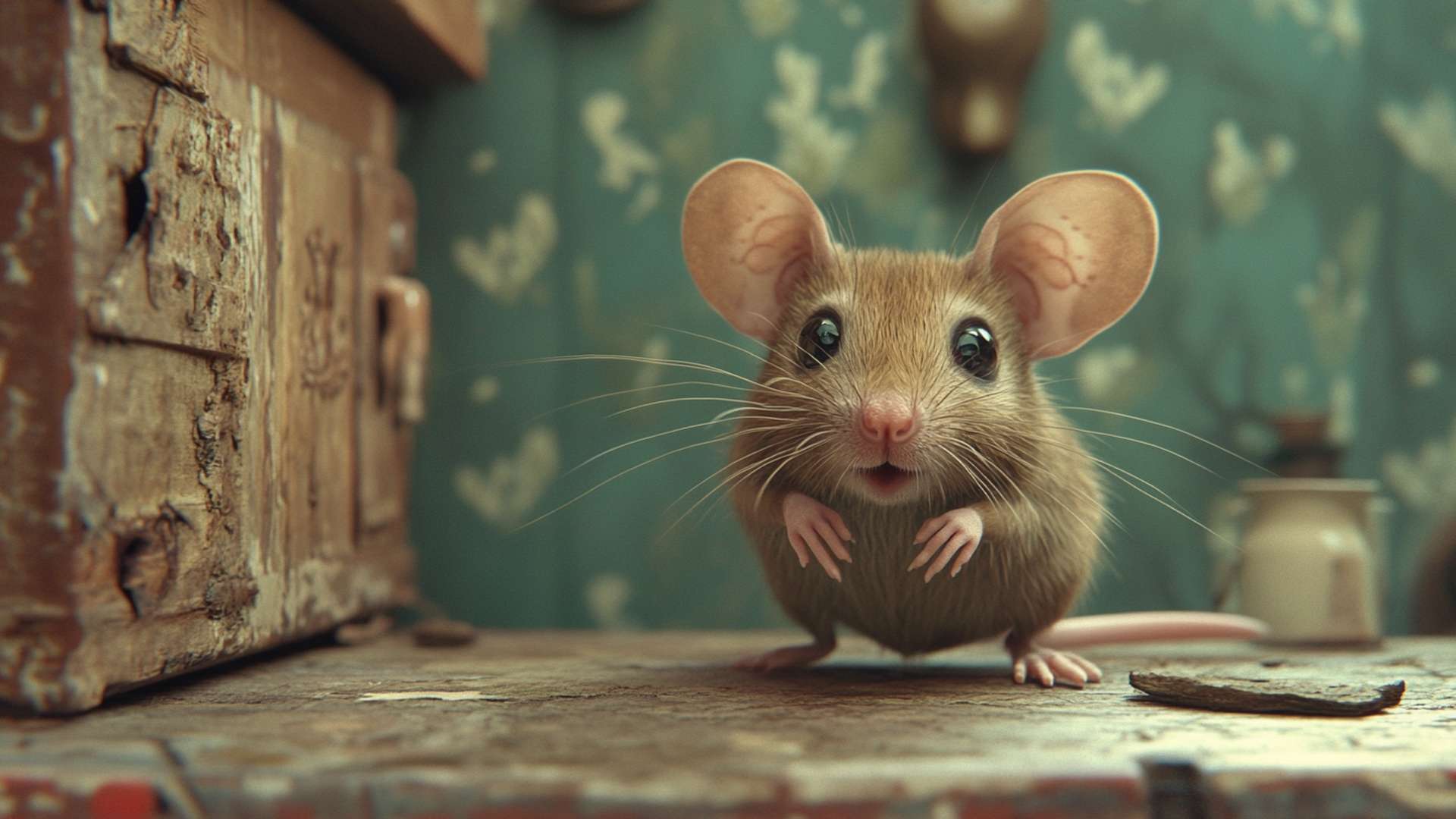
Certain breeds are better suited for hunting rodents than others. Rat terriers, Jack Russell terriers, and Yorkshire terriers are some examples of breeds that have been bred specifically as rodent hunters.
These dogs have a strong instinct and strong prey drive which makes them efficient at catching pesky rodents like mice or rats. If you don’t own a breed that has been specifically bred for rodent hunting, there are still ways to train your dog to deter mice effectively.
Using Commands and Games
One way to train dogs that aren’t natural hunters is through commands and games that encourage them to chase or scare away rodents. For example, if you notice your dog paying attention to an area where mice might be present, you can give them a command such as “Find it” or “Get it”.
When your dog barks or chases after the pest, reward them with treats or praise. You can also use toys such as squeaky toys as bait for training sessions or playtime which will encourage their natural prey drive.
Training dogs is an effective method of deterring mice from households since they are natural hunters that have a strong sense of smell. Breeds such as rat terriers and Jack Russell terriers are ideal for hunting mice.
However, all dogs can be trained through exercises that encourage their natural, instinctive behavior to hunt and catch small animals. By using scent-based training, commands, and games, most people can train their dogs to deter mice effectively.
Additional Methods for Deterring Mice
Securing Your House from the Inside Out
While training cats and dogs to deter mice can be an effective way to get rid of rodents, there are additional methods that can help ensure pest control. Sealing entry points is one of them. Mice have the ability to squeeze through very small spaces so it’s important to seal all potential entry points with steel wool or caulk.
This includes spaces around doors and windows, pipes entering the house, and any other gaps that mice could potentially get through. In addition, keeping a clean living space helps discourage mice from entering.
Cleaning up food crumbs and spills promptly is important as mice are attracted by even small amounts of food debris. Regularly cleaning kitchen appliances where food is stored like the stove, refrigerator, and pantry can help eliminate any traces of food smells that may attract rodents.
Using Traps as a Supplemental Method
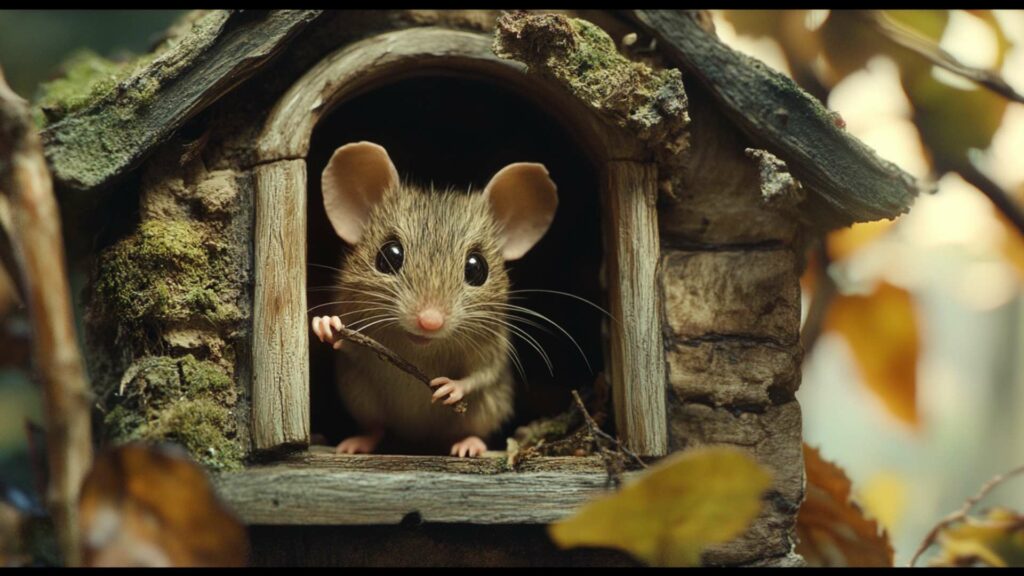
Traps can be used alongside training cats and dogs to deter mice as a supplemental method of pest control. There are various types of traps such as snap traps which kill mice instantly, glue traps which capture them but don’t harm them, live-catch traps which catch mice and trap them for later release elsewhere and electronic traps which electrocute the rodent.
It’s important to use these traps carefully according to their instructions so they don’t pose a risk to pets or children. Once caught in a trap, dispose of it immediately in order not to let it become a health hazard due to contamination from rodent droppings.
The Role of Natural Prey Drive in Pest Control
Cats are natural hunters with strong prey drives while some dog breeds like terriers have also been bred for their ability to hunt small animals including rats and mice. By teaching these animals how to hunt effectively (without harming themselves), they can provide an effective and natural way of controlling a rodent problem.
Positive reinforcement training techniques can be used to teach pets how to hunt. This includes rewards for paying attention and following commands.
Training cats and dogs to deter mice should not involve harm or abuse of any kind. Rather, the goal is to help pets become great companions while also creating a safer, pest-free environment in your home.
Conclusion
Training Cats and Dogs: Your Personal Pest Control Team
Training your cat or dog to deter mice is a natural, cost-effective way to manage a rodent problem in your home. In addition to being effective, it is also a fun and rewarding way to engage with your pet and strengthen your bond.
By tapping into their natural instincts to hunt and chase small prey, you can turn your beloved pet into a skilled pest control assistant. Whether you have a cat or dog, there are many different breeds that can be trained in this manner.
From the strong mouse-hunting instinct of terriers to the keen sense of smell of hounds, there is no shortage of candidates for the job. With positive reinforcement techniques and patience, your pet can learn new behaviors that will not only benefit you by keeping your home mouse-free but also by providing them with mental stimulation and exercise.
So why not give it a try? Instead of calling on professional exterminators or resorting to chemical-laden mouse traps, train your furry friend instead.
Not only will it be more environmentally friendly and cost-effective than other methods, it will also provide an opportunity for you and your pet to work together towards a common goal. With their new skillset in pest control, you may even find yourself looking forward to finding evidence of mice just so you can witness the exciting chase unfold!
Put an end to rats and mice with D-Termination: the top-notch pest control service in Las Vegas
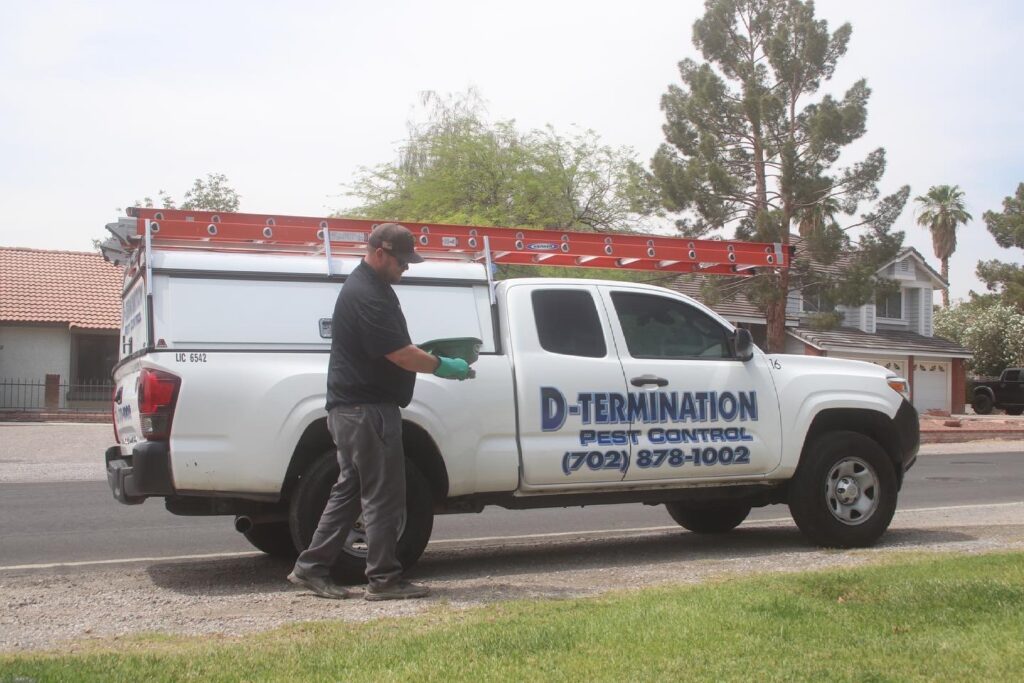
Fed up with the constant hassle of rats and mice in your Las Vegas property? Look no further than D-Termination for the perfect solution. Our team of skilled professionals specializes in eliminating these bothersome rodents and bringing serenity back to your environment. Bid farewell to rat and mouse issues once and for all—opt for D-Termination’s effective pest control services today!
Contact us at 702-919-6310 or visit dtermination.com to schedule your rodent control service and reclaim your space from unwelcome intruders.
Frequently Asked Questions:
Cats and dogs can help deter mice, as their presence may discourage mice from entering the area.
Training a cat to avoid bringing in mice may be challenging, as it is a natural instinct for them to hunt. However, you can encourage them to leave the prey outside.
To eliminate mice without harming your cat, use humane traps or seek professional pest control services that employ pet-safe methods.
Cats can be effective in keeping mice away, as their hunting instincts make them natural predators for rodents. However, results may vary depending on the individual cat.
If you found this article enjoyable, similar content might also interest you:
Risks and Precautions for Pets Exposed to Mice or Mouse Droppings
Pawsitively Pest-Free: Safe And Pet-Friendly Mouse Control Methods

